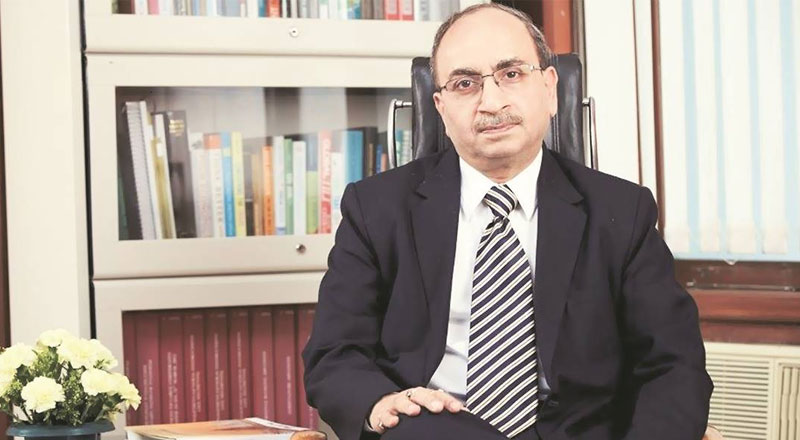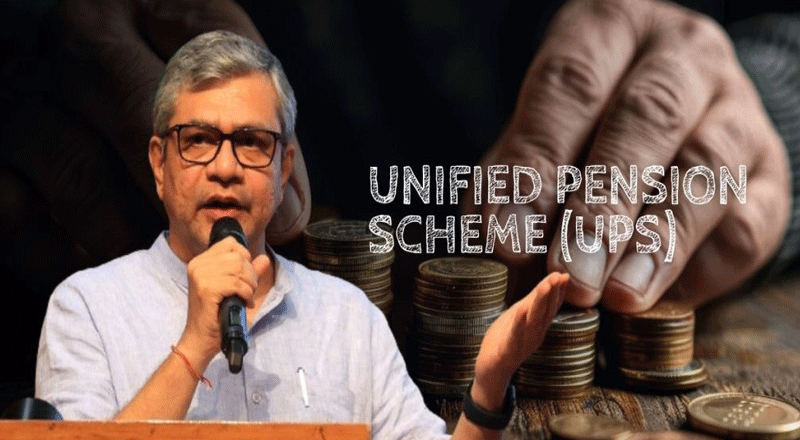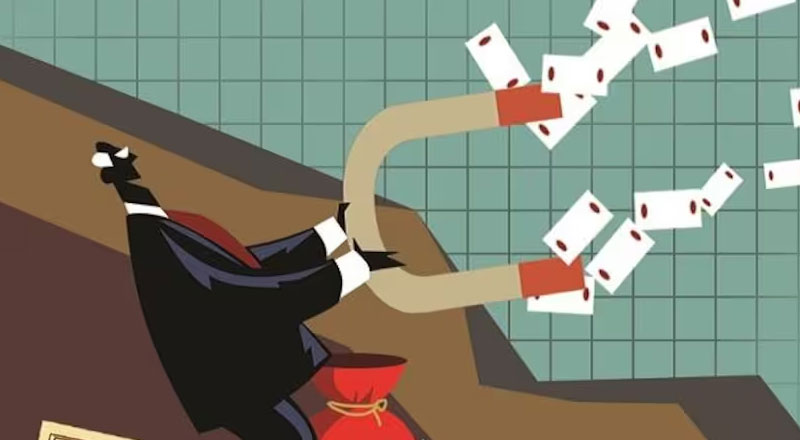On Tuesday, when the rupee breached the 80 mark to a dollar for the first time, SBI Chairman Dinesh Kumar Khara said that an artificial intervention does not have a long-term impact and it doesn’t work.
Khara said, “I think that it (intervention by the central bank) really doesn’t work…. Artificial intervention does not really have any long-term impact, it can only have a temporary impact.”
He, however, added that India should instead focus on balance of trade. “As compared to that, I would say that, if at all the balance of trade is in our favour, that will perhaps work better.”
The RBI has been intervening from time to time to contain the volatility in rupee, by selling dollars and buying rupee from the market. This has resulted in the depletion of foreign exchange reserves.
“Already a lot of our forex reserves have gone. From over $600 billion plus, we are now at $580 billion,” said Khara.
It is noteworthy that in the first week of September 2021, the forex reserves stood at $642.4 billion and as on July 8, 2022 it was down to $580 billion — drop of $62 billion in ten months. In the same period, the rupee has weakened by nearly 10 per cent from 72.96 to 80 to a dollar.
RBI has taken several measures including temporarily permitting banks to raise fresh FCNR (B) and NRE deposits without reference to the extant regulations on interest rates, in a bid to attract foreign investment. Khara said one has to wait and watch to see the impact of these measures as it has been only over a week that banks have raised the rates.
“FCNR (deposit scheme) is a very rate sensitive product. And we are observing that in different markets, interest rates are on the upswing. But normally, it happens that when it comes to the NRE rupee, normally the flows go up whenever the rupee weakens. And it’s a repatriable account also. The kind of reliefs which the RBI has given, perhaps it is essentially for FCNR (B) scheme. We also increased the rate of interest on July 10. It’s too early to really gauge what the likely impact is. We have to wait and watch,” said Khara.
While FDI and FPI investments hold key to rupee stability and India has witnessed a sharp outflow of over Rs 2.64 lakh crore by foreign portfolio investors from Indian equity markets since October 2021, Khara said that investors looking for FDI investments are looking at India with a lot of interest and India’s ‘Political stability’ is a big contributing factor to that.
“They’re all looking at India with a lot of interest. But yes, perhaps they will wait and watch because many of them particularly, when it comes to FDI, invariably come with a very long-term perspective. Some of the long only investors look at the country with a lot of interest for the simple reason of the political stability and also the way a country has got accepted globally in the recent past. I think that these are some of the reassuring factors which these investors look at,” Khara said.





